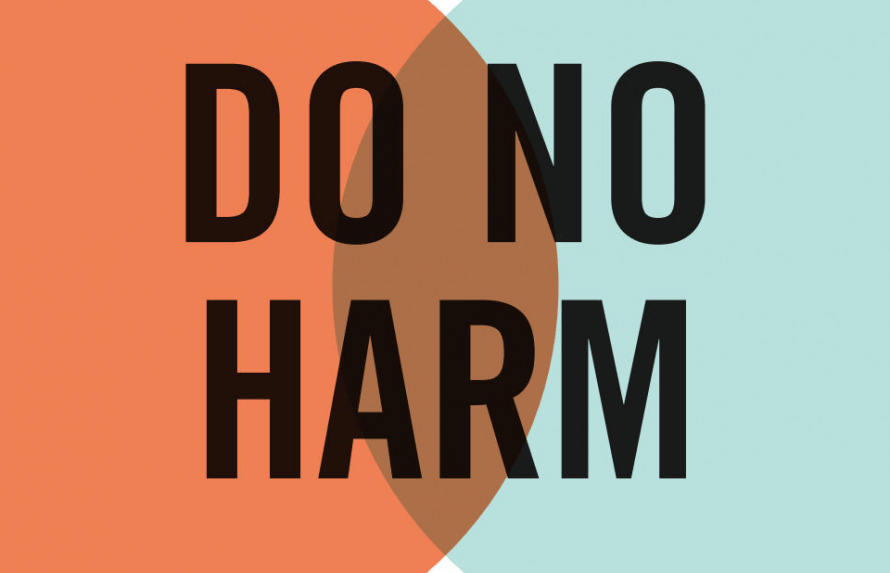Being able to lead a happy and dignified life without any fear is what most of us (if not all) would agree to be striving for. Each person’s ways and means to achieve it may vary, but ultimately our daily efforts are directed towards the same end. However, since we never exist in isolation, our actions, behaviors, thoughts, internal maps and images, morality- all have an impact not
only on us but also on others around us. It is with the same intent that Humanitarian and Relief initiatives are undertaken by social action organisations in areas of tension and conflict. ‘Do-No-Harm’ gradually emerged as a standard practice for humanitarian interventions to avoid, unintentionally fueling conflict in delivering aid in a wide range of humanitarian contexts. The framework attempts to unpack how our project actions/aids interact with a particular situation in the target area. It requires an in-depth analysis of the situation and its context so as to mitigate negative impacts and maximize positive outcomes. Principles of this framework can be applied universally and must ideally find their place in each operational section of the organisation, (Human Resources, Finance, Programmes etc.) as well as within the overall organisational mandates (goal, objectives and priorities).
Towards internalizing and mainstreaming this framework within the organisation, an inter-departmental workshop was organised on 30th and 31st August at the Indian Social Institute (ISI), Delhi. It was attended by representatives from Jesuit Conference of India-Conference Development Office (JCI-CDO), Lok Manch, Centre for Human Rights and Law (CHRL) and
Jesuit Refugee Services (JRS) together with the Executive Director, ISI.
Discussions hinged upon how every situation has an underlying context and assistance becomes a part of it. Also, every conflict situation inherently has Connectors (local capacities for peace) and Dividers (sources of tension) both of which can be impacted by our assistance efforts. It was additionally discussed how Resource Transfers (what we bring in and how we
distribute it) as well as Implicit Ethical Messages (unspoken messages conveyed to the community through our work) too have an impact on the project outcomes. Through participatory discussion on a case study, participants were apprised that every situation has multiple options, and the feasibility of each must be undertaken through the lens of Conflict Sensitivity. Further planning discussions will be undertaken in the upcoming months towards mainstreaming of the process within the organisational structure and programme interventions.


Recent Comments